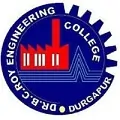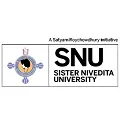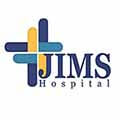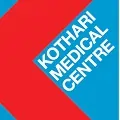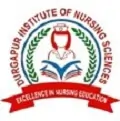Curriculum:
- The M.Sc. in Medical Laboratory Technology (MLT) curriculum includes advanced topics in Clinical Biochemistry, Hematology, Microbiology, Immunology, Histopathology, Molecular Biology, and Advanced Laboratory Techniques. This program prepares students with in-depth knowledge and skills to conduct diagnostic tests, research, and laboratory management.
Internship/Practical Training:
- Practical training is essential in the MLT program, with students completing internships or practical sessions in hospitals, diagnostic labs, research institutes, and healthcare facilities. This hands-on training enables students to gain experience with advanced diagnostic equipment, clinical testing methods, and lab safety protocols, preparing them for real-world medical laboratory work.
Job Prospects:
- M.Sc. in MLT graduates have strong job prospects in hospitals, diagnostic centers, research laboratories, biotechnology companies, and clinical research organizations. The demand for skilled lab technologists is growing due to advancements in medical diagnostics and increased healthcare facilities.
Salary Range:
- Entry-level salaries for MLT postgraduates typically range from INR 4 lakh to 8 lakh per annum, depending on the role, laboratory setting, and location. Experienced professionals, particularly in specialized labs or research settings, may earn higher salaries.
Further Studies:
- After completing an M.Sc. in Medical Laboratory Technology, graduates can pursue a Ph.D. in Medical Laboratory Science, M.Phil. in Pathology, or advanced certifications in Molecular Diagnostics or Clinical Research. These additional qualifications enable career advancement, specialization, and academic roles in universities.


